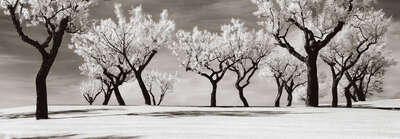

- Exclusive offers
- Inspiring new releases
- Personal invitations to Art Events

THE WIDE WORLD Helmut Hirler is part of an unbroken tradition of bold pioneers, who for centuries attempted to describe the earth’s strangeness and beauty. When photography became portable in… Read more
Intro Bio Exhibitions
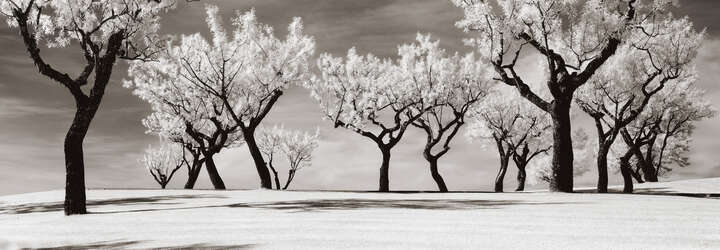

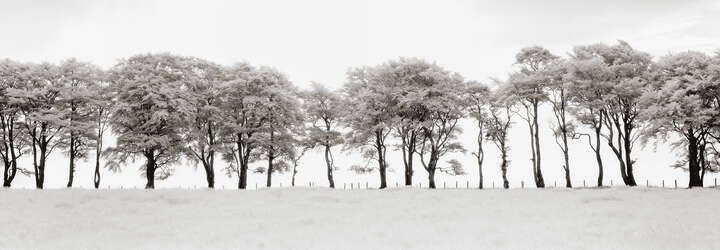
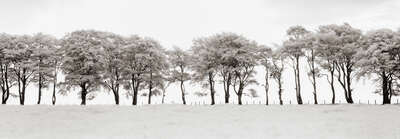
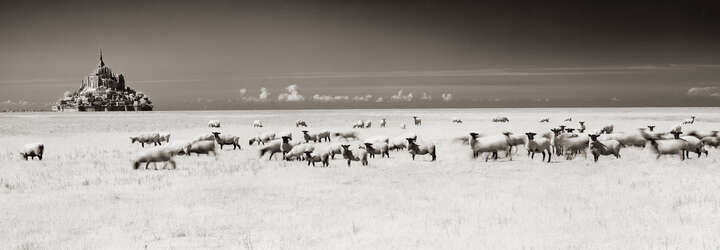
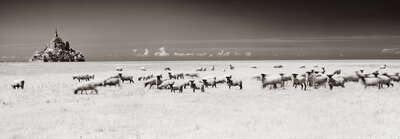
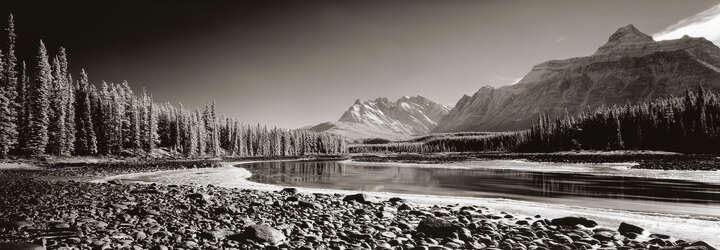
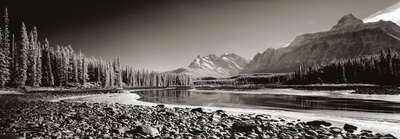
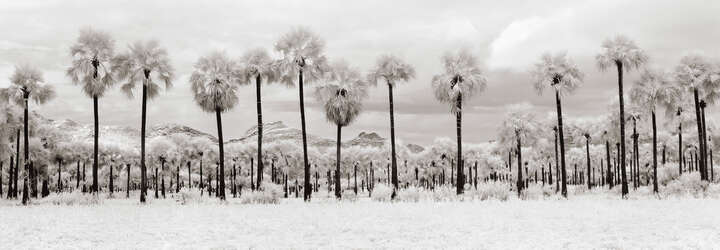
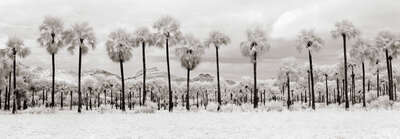
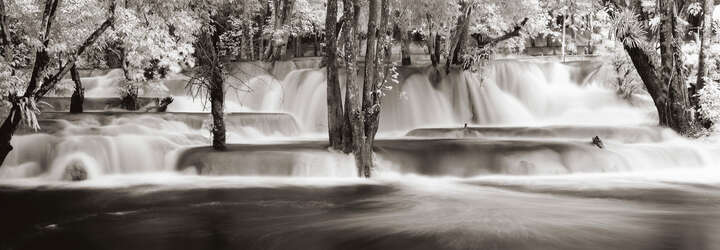
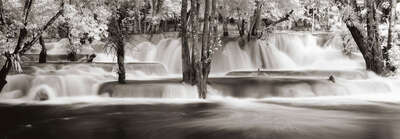
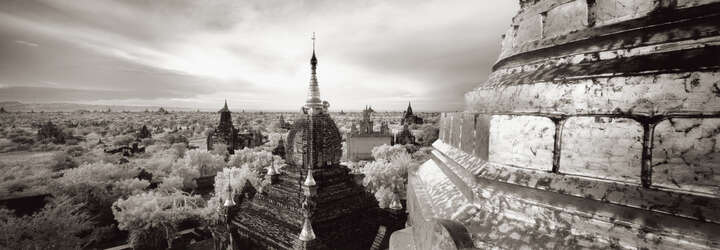
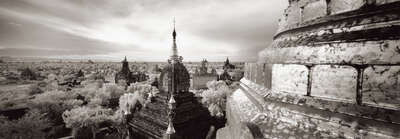
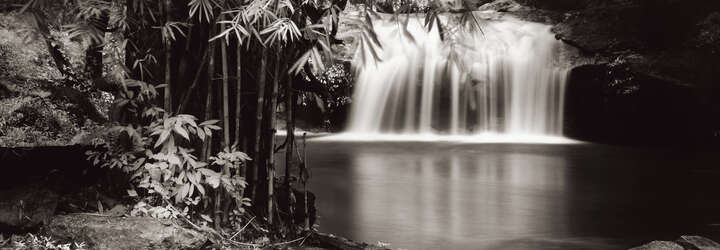
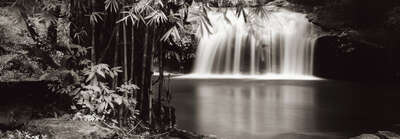
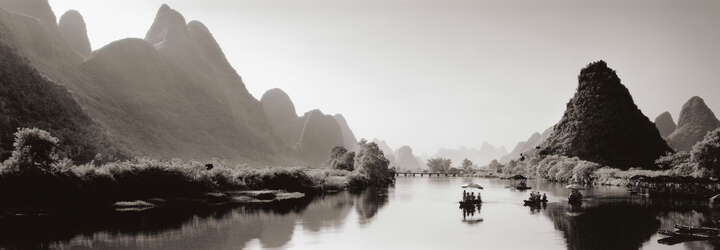
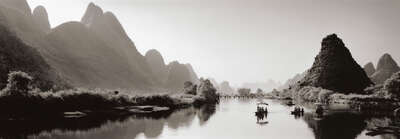
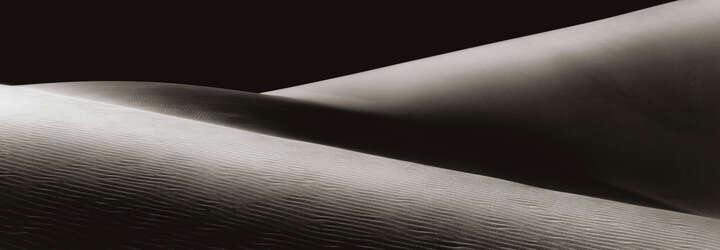
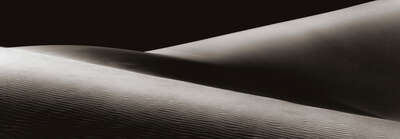
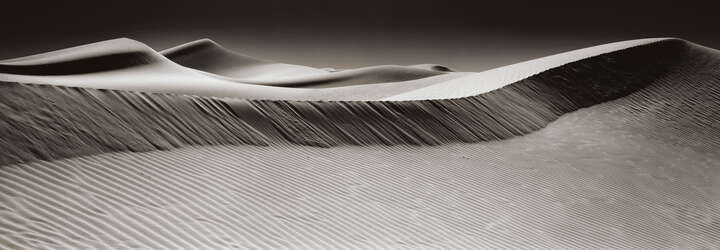
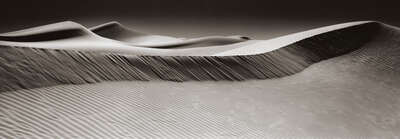
| 1954 | born |
| 1970-1973 | studies photography |
| 1978-1980 | Master class, Bayrische Staatslehranstalt für Photographie, Munich, Germany |
| 1979-heute | Technical tutor, Gewerbliche Schule, Bad Saulgau, Germany |
| 2008 | iF Communication Design Award (book Castillos) |
| Red Dot Award (book Castillos) | |
| Red Dot Award (calendar Great Landscapes) | |
| Internationale Kalenderschau Stuttgart, Germany (calendar Trees-Bäume) | |
| 2006 | DDC Award (Design Club Germany) |
| International Calendar Exhibition Stuttgart, Germany | |
| International KODAK Calendar Award | |
| 15. Trierenberg Super Circuit (world's greatest photo competition) | |
| iF Communication Design Award (book Zeit des Wartens) | |
| iF Communication Design Award (book Trees Bäume) | |
| Red Dot Award | |
| 2005 | iF Communication Design Award |
| 2004 | International Calendar Exhibition Stuttgart, Germany |
| International KODAK Calendar Award | |
| 13. Hasselblad Austrian Super Circuit | |
| iF Communication Design Award | |
| Red Dot Award | |
| 1. World of Images Circuit, Linz, Austria | |
| 2003 | International Calendar Exhibition Stuttgart, Germany |
| International KODAK Calendar Award | |
| International AGFAnet Photo Award | |
| 12. Hasselblad Austrian Super Circuit | |
| Societe des Artistes Francais, Le Salon 2003, Paris, France | |
| 2002 | 11. Hasselblad Austrian Super Circuit |
| 2001 | International Exhibition of Photography, Oregon, USA |
| 1999 | AGFAnet International Landscape Competition |
| International Exhibition of Photography, Oregon, USA | |
| 1998 | International Exhibition of Photography, Oregon, USA |
| Gold medal of the Photographic Society of America, bronze medal of the Oregon State Fair | |
| Tetenal FINE ART AWARD | |
| Panorama competition of the Kamerawerke Dresden, Germany | |
| 1997 | International Exhibition of Photography, Oregon, USA |
| World Heritage |
| Das andere Amerika, cultural and conference center Vöhringen, Ulm, Germany |
| Castillos, cultural and conference center Vöhringen, Ulm, Germany |
| Tierra Magica, cultural and conference center Vöhringen, Ulm, Germany |
| Fragmente - Bilder aus Amerika, Berliner Palais, Unter den Linden, Berlin, Germany |
| Bilder aus Patagonien, LINHOF-Galerie, Munich, Germany |
| Castillos, LINHOF-Galerie, Munich, Germany |
| Schwarz-Weiss, Kunsträume Farmsen, Hamburg, Germany |
| Die Vergessenen, Werkstattgalerie Tam Uekermann, Cologne, Germany |
| Arcana Naturae, Haus der Photographie, Hanover, Germany |
| Tierra Magica, Galerie Lände, Kressbronn, Germany |
| Tierra Magica, Fototage, Laupheim, Germany |
| Von Landschaft inspiriert, Schloss Achberg, Germany |
| Tierra Magica; and Mahnmale der Endlichkeit, Schloss Salem, Germany |
| Mahnmale der Endlichkeit, cultural center LINSE, Weingarten/Ravensburg, Germany |
| Castillos, Plassenburg, Kulmbach, Germany |
Castillos, Primacolor, Jakarta, Indonesia |
| Tierra Magica; and Fragilitas, Rosenau, Kempten, Germany |
| Tierra Magica, City Hall, Würzburg, Germany |
| Castillos, Felix-Fechenbach-Haus, Würzburg, Germany |
| Castillos, Waaghaus, Ravensburg, Germany |
| Arcana Naturae, Museum Quadrat Bottrop, Germany |
| Castillos, Kreissparkasse Leutkirch, Germany |
| Mahnmale der Endlichkeit, Ecumenical Center of Learning Sanctclara, Mannheim, Germany |
| Photographien 1947-2004, byToni Schneiders and Helmut Hirler, Galerie Fähre Bad Saulgau, Germany |
| Castillos, Pasinger Fabrik, Munich , Germany |
| Tierra Magica, Markgrafenschloss Emmendingen, Germany |
| Zeit des Wartens, Ecumenical Center of Learning Sanctclara, Mannheim, Germany |
| Panorama Photographie, HOCHTIEF Galerie, Nuremberg, Germany |
| Wasser, Petrikirche, Kulmbach, Germany |
| Das Wasserprojekt 1, Reitstadl Neumarkt, Germany |
| Iceland, VHS-Photo Galerie, Stuttgart, Germany |
| River East Gallery, Greytown, New Zealand |
| Panorama, Tin Crab Gallery, Waikanae Beach, New Zealand |
| Flagstaff Gallery, Devonport, Auckland, New Zealand |
| Peter Reynolds Interiors, Rotorua, New Zealand |
| Galerie Kunst und Köstlich; and Neues Schloss, Kisslegg (Allgaeu), Germany |
| Aotearoa - Das Land der langen weißen Wolke - Bilder aus Neuseeland, Cultural Center LINSE, Weingarten/Ravensburg, Germany |
| Taylor Jensen Fine Arts, Palmerston North, New Zealand |
Visit LUMAS USA!
Delivery to your country is not possible from this site.
If you would like to place an order, please visit LUMAS USA.